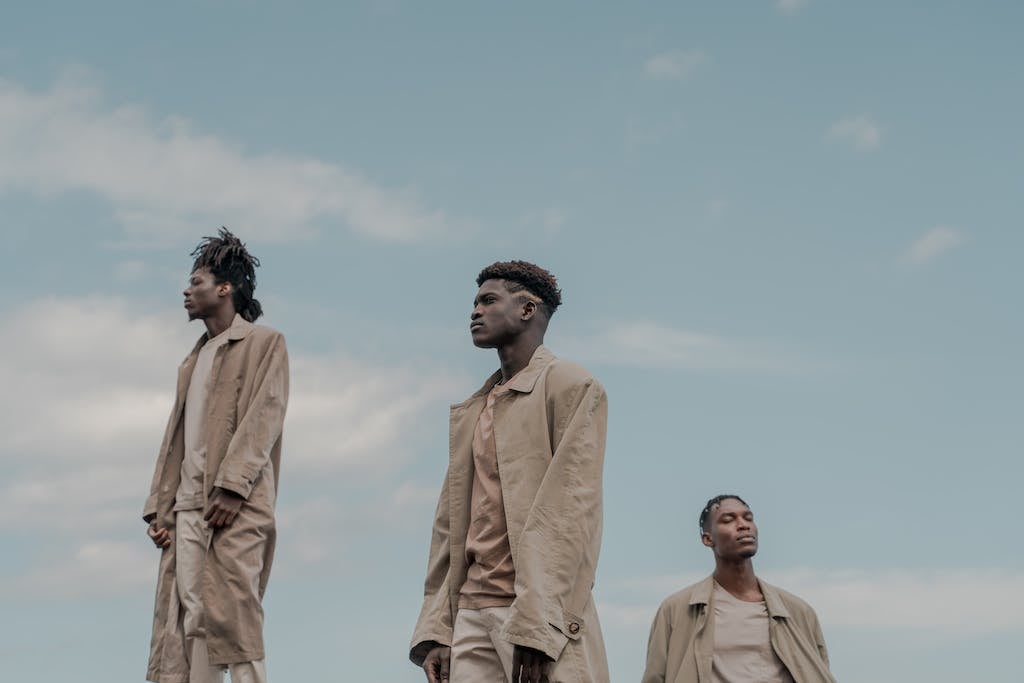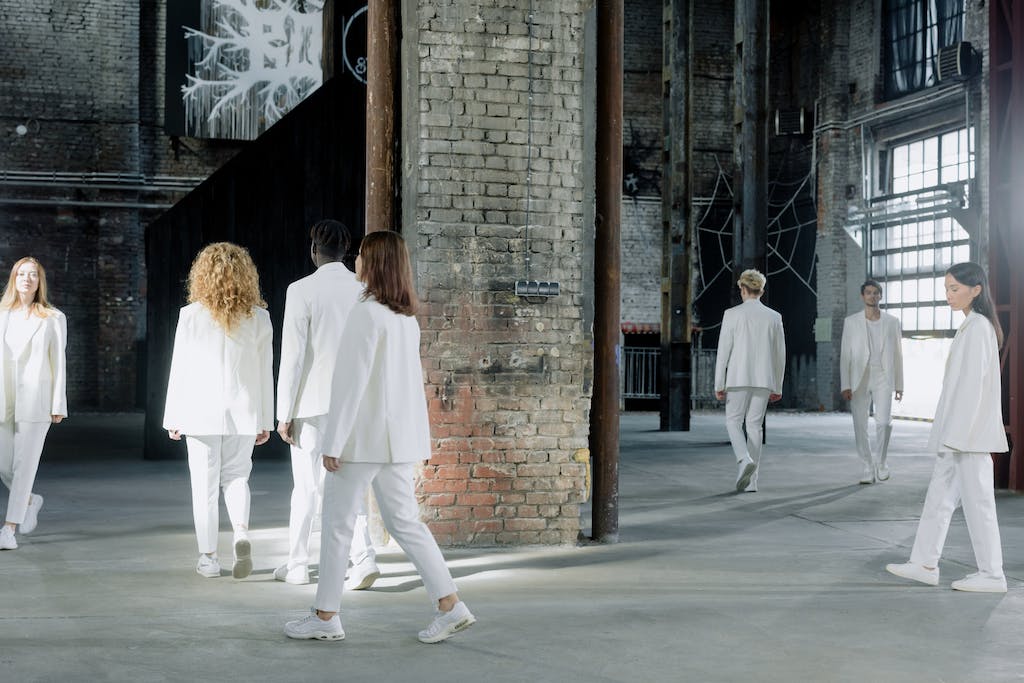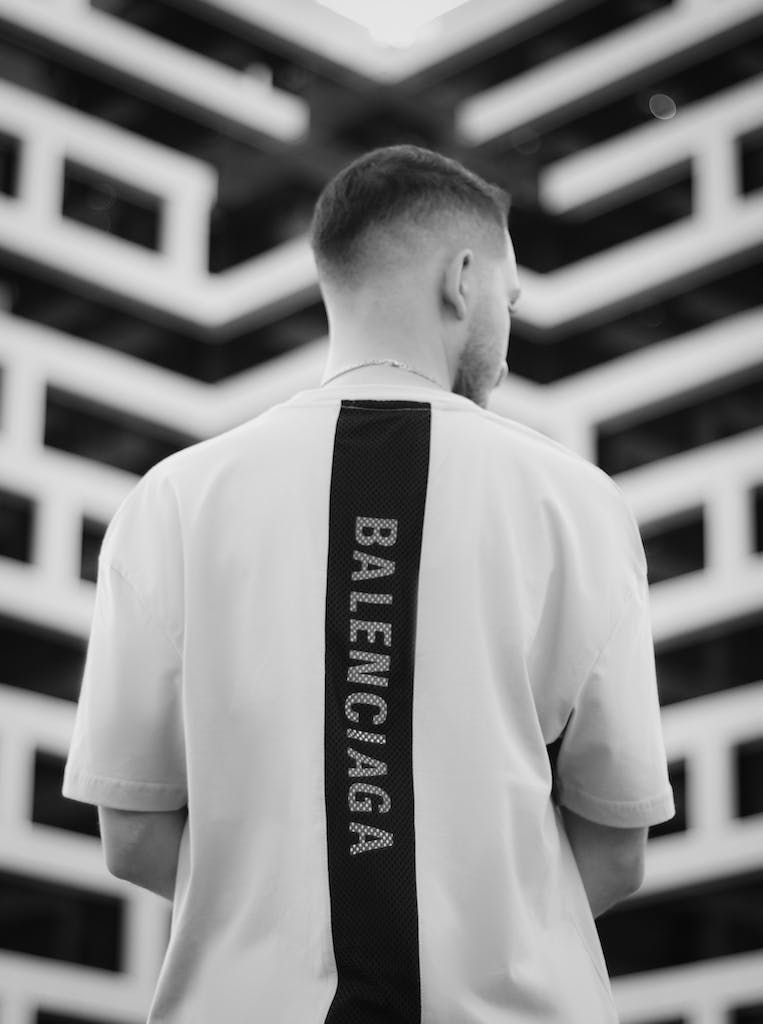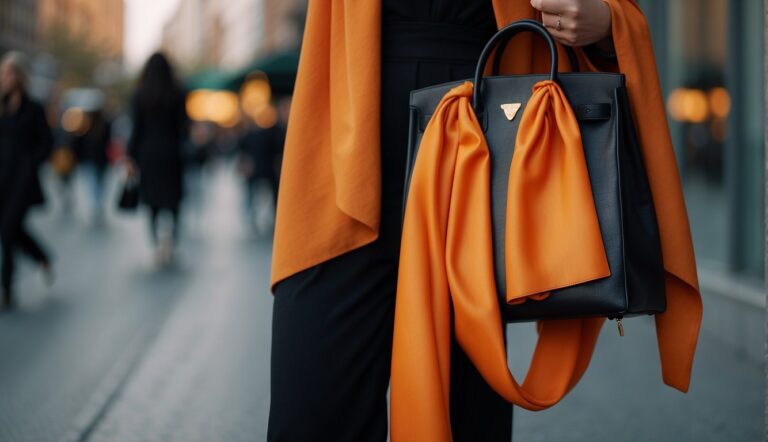The True Benefits Of Owning Luxury Clothing: An Insider’s Perspective
Owning luxury clothing extends beyond the surface allure of designer labels and high fashion. Rather, it feeds into the human desire for status and the psychological satisfaction that comes with exclusivity and recognition.
The appeal is rooted in the intrinsic value that consumers often place on higher-priced items, which is bolstered by the feeling of privilege when wearing pieces not everyone can afford. Not to mention, the craftsmanship of luxury apparel is set apart because of the money and time that can be invested into such a expensive product.
Knowing that luxury high end clothing is usually crafted with meticulous attention to detail, often by hand, and with materials of superior quality, creates a sense of awe and respect when other people see the being worn.
In additon, the longevity and timeless designs of luxury pieces mean they hold their value over time, making them not just a purchase but a financial investment.
Key Takeaways
- Luxury clothing ownership provides psychological contentment and social status.
- High-end fashion is distinguished by exceptional craftsmanship and material quality.
- Investment in luxury pieces can offer both financial value and wardrobe longevity.
Psychological Benefits of Luxury Apparel
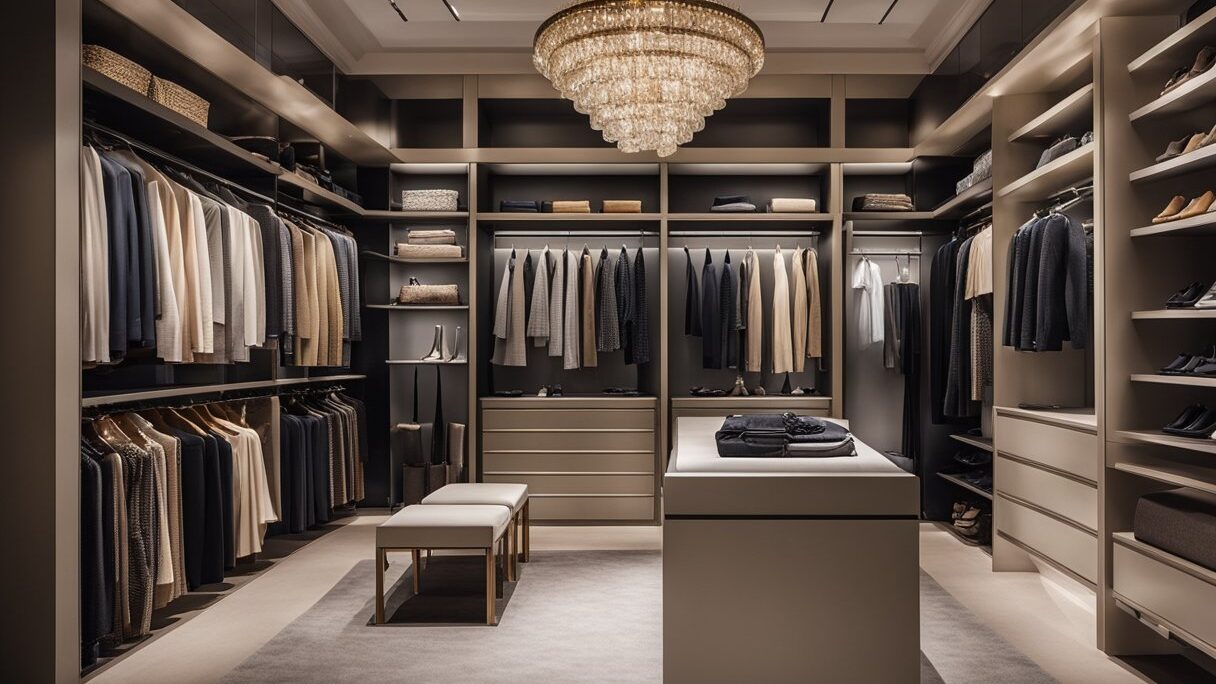
Luxury clothing isn’t just about the fabric or the labels it’s deeply rooted in psychological desires and societal structures that drive individuals to seek out these high-end items.
People often buy luxury apparel to signal status and affluence. The exclusivity of a brand can lead to a perception of higher social standing for the wearer. Luxury brands often employ scarcity tactics, such as limited-edition releases, to increase this perception of status.
For instance, owning a garment from a coveted fashion house can denote a person’s access to not only financial resources but also to inner circles of the fashion elite.
Investing in luxury clothing also plays a significant role in shaping one’s self-image and boosting confidence. Quality materials and tailored fits of luxury garments improve the wearer’s physical presentation, often leading to enhanced self-perception.
This boost in self-image is psychological; when individuals wear luxury brands, they may feel more successful and confident, which can affect their behavior and how others perceive them.
Feeling confident can significantly transform both your actions and the perceptions others have of you, irrespective of whether your clothing is immediately recognized as luxurious or not. When you wear something that makes you feel empowered, that confidence radiates from within, altering how you carry yourself, engage in conversations, and approach challenges.
This intrinsic change is what people respond to, more than the brand or price tag of your attire. It’s the assertiveness in your voice, the assuredness in your stride, and the positivity in your interactions that leave a lasting impression. Thus, while luxury clothing can serve as a catalyst for boosting self-confidence, it’s the resulting shift in personality and demeanor that truly influences the dynamics around you, making others take notice and respond more positively.
Our Clothes Last Much Longer
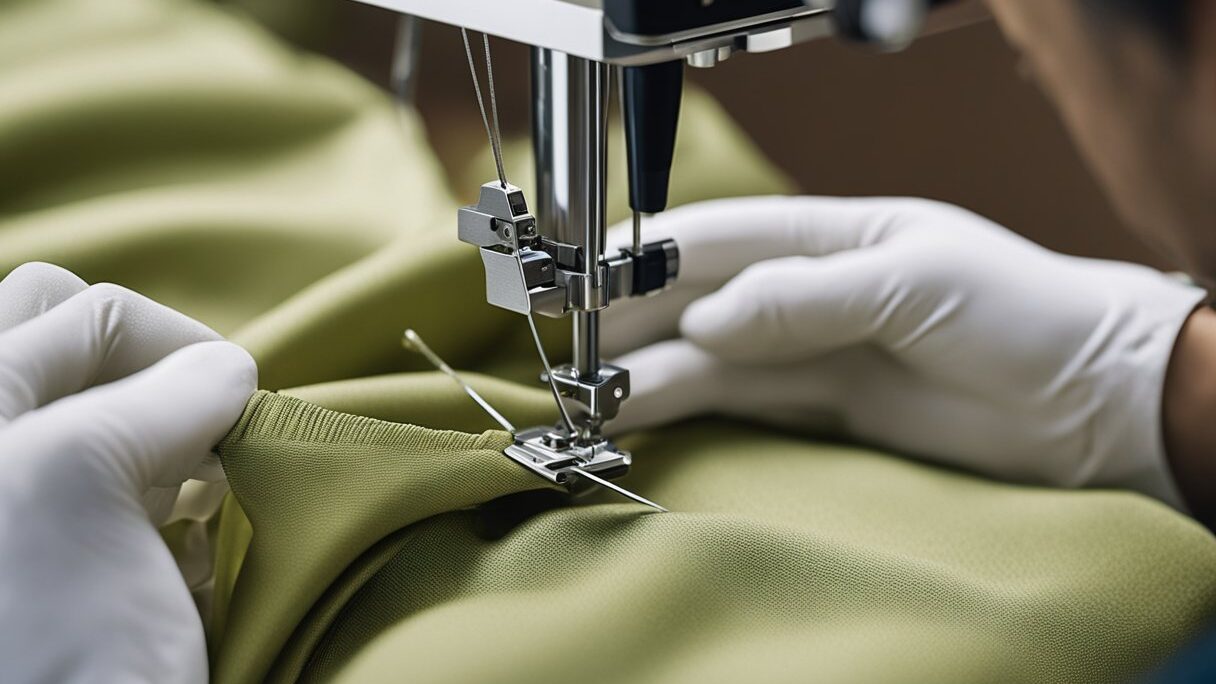
Apart from clothing being handmade, materials are usually better and stitching is more refined. Being handmade gives the luxury of ensuring that every stitch is secure and well aligned in comparison to machine made clothing.
Premium frabrics such as Egyptian cotton, cashmere, and silk, which are valued for their durability, comfort, and aesthetic appeal are often used and it’s such a great aspect because these materials last much longer. It also helps knowing the lengths it takes to get these fabrics that add to the exclusive appeal.
Consider egyption cotton, it’s only grown along the nile river, and is prized for its long fibers and fine yarns that is resistant to pilling, the one thing that makes clothing look dull and unkempt. It also stays soft over time and sustains vibrant colors.
Or silk, a more commonly known premium fabric extracted from the cocoons of silkworms offers a smoothness like no other material. You definitely have heard the term “silky smooth” because silk is just such a iconic material. Of course, satin has come along way to compete against silk as a man made material, but satin actually pills more easily and looses its shine and “silkiness” faster than silk.
In a sense, although luxury clothing is more expensive, they tend to use less plastic derived materials making them more durable, breathable and more eco-friendly.
Production Is More Well Thought Out
Many luxury brands such as Hermes and Louis Vuitton rely heavily on hand-crafter details that require a blend of traditional techniques and precision. This ensures a level of quality control that mass-produced garments cannot match, and you can be sure any purchase you make was highly regulated and looked over by a person.
Financial Investment Return In Specific Pieces | Resale
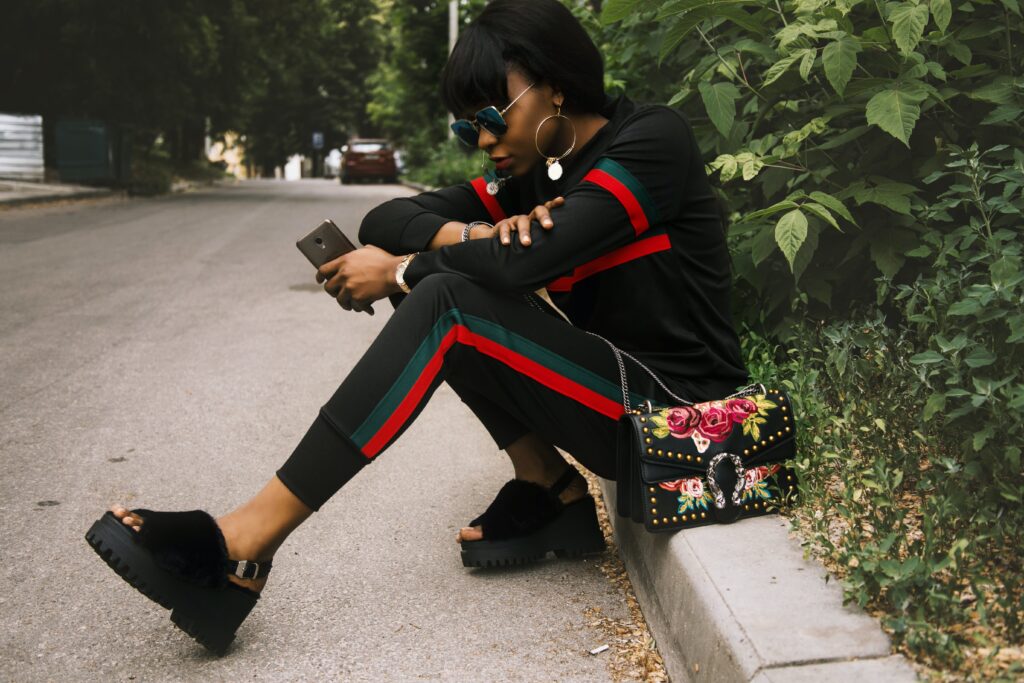
Luxury clothing brands often retain a significant portion of their value over time. Especially branded bags, jackets there is a huge market for consignment goods. Many websites have evolved to sell only consignment goods, even becoming experts at telling the real from the fake.
Even some branded items will sell higher than retail price, for example Hermes Birkins which maintain their exclusive status, rising higher each year in value than the stock market. Or iconic shoes that are no longer produced, like the high-top Geobasket shoes from Rick Owens that are selling for twice the price on ebay and other websites.
It is very common that limited edition pieces or iconic brand staples appreciate in value over time. The luxury fashion industry is a art world of its own with collectors and fashion enthusiasts are regularly willing to pay premium prices for well-maintained, authentic luxury items.
Ability To Be Part Of A Exclusive Community
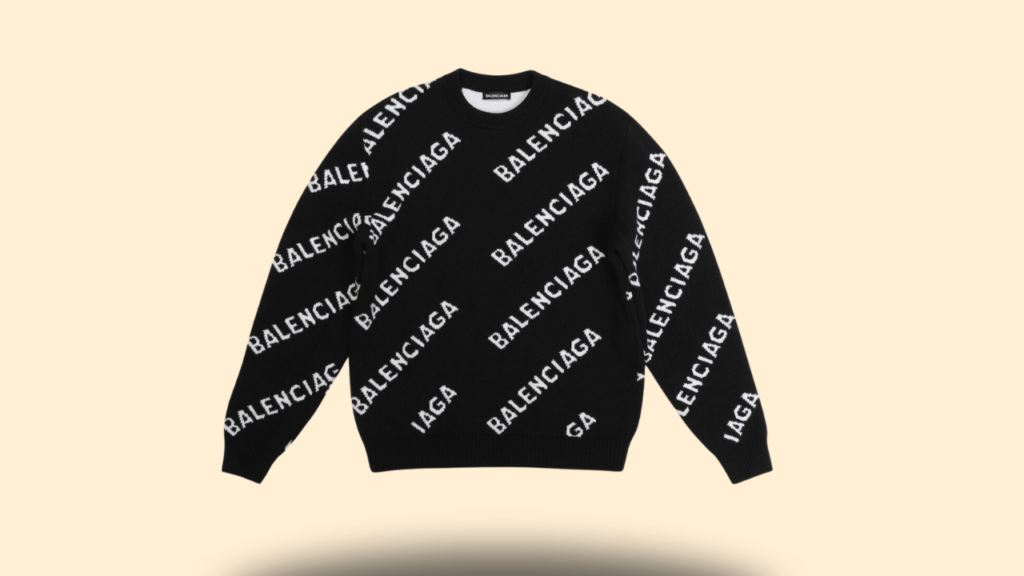
Luxury clothing brands often hinge their appeal on compelling brand stories and the exclusivity that comes with their products. These elements not only resonate with consumers on an emotional level but also create a sense of belonging to an exclusive club. People who wear the same clothing will recognize each other on the street and it creates a sense of comraderie.
Brand Heritage and Storytelling: By sharing their stories of craftsmanship, tradition, and innovation, brands create a narrative that customers can identify with and feel proud to be a part of. This connection to the brand’s story transforms customers into brand ambassadors who share these stories within their circles, further strengthening the community.
Luxury brands have long leveraged the aura of their creators to build an aspirational image. Designer narratives often revolve around innovation, craftsmanship, and a pioneering spirit. For instance, Gabrielle “Coco” Chanel is celebrated for revolutionizing women’s fashion, and pushing for more comfortable clothing, a story that’s embedded in each Chanel piece. Similarly, the narrative of Tom Ford’s transformative impact on Gucci in the 1990s continues to influence the brand’s identity.
This sense of community definitely extends to exclusive events. Many luxury brands host exclusive events for their top clients, including fashion shows, private viewings, and launch parties. These events offer a unique experience that can’t be found elsewhere, bringing together like-minded individuals who share a passion for the brand. It’s an opportunity for consumers to immerse themselves in the brand’s world, meet other enthusiasts, and feel part of an exclusive club.
The Unparelled Experience of Luxury Shopping
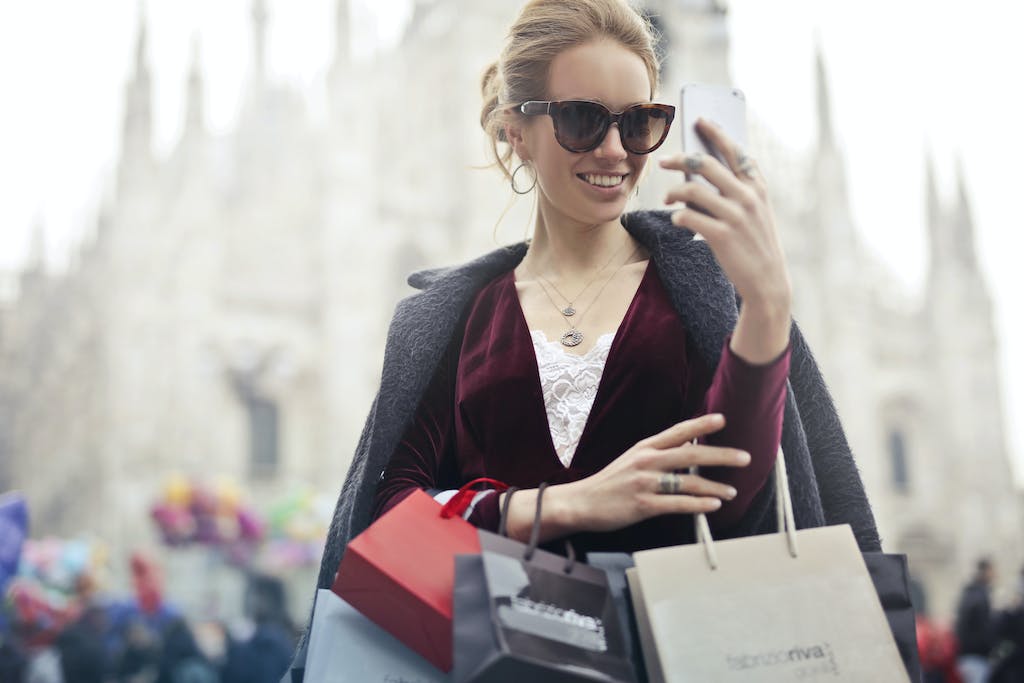
The pursuit of luxury clothing is as much about the shopping experience as it is about the actual products. Discerning shoppers anticipate not just premium quality in their attire but also a heightened level of service and an ambiance that resonates with exclusivity.
Excellent Customer Service
Luxury retailers are renowned for their exceptional customer service, which is pivotal in the luxury shopping experience.
From the moment one steps through the doors, a personal greeting by well-trained staff sets the tone.
Customers can expect attentive assistance, and often a personal shopper or stylist is available to offer expert advice tailored to individual tastes and needs.
This personalized approach ensures that shoppers feel esteemed and valued.
Atmosphere and Buying Experience
The ambiance of a luxury boutique is carefully curated to provide an unparalleled buying experience.
Subtle fragrance, soft lighting, and an uncluttered layout with beautifully arranged products invite customers into a world of exclusivity.
Elegantly dressed mannequins, art installations, and comfortable seating areas are strategically placed, creating a sophisticated environment that reflects the brand’s ethos.
Luxurious dressing rooms with spacious interiors and flattering lighting complete the experience, making every visit memorable.
Shopping for luxury clothing is an experience that transcends the mere act of purchasing garments. It’s about immersing oneself in an environment where every detail is designed to delight and enhance the sense of exclusivity and prestige. The moment you step into a luxury boutique or navigate a high-end brand’s online store, you’re not just a customer; you’re a valued guest. The ambiance, the meticulous arrangement of the items, and the serene, inviting atmosphere all contribute to a feeling of entering a world where quality and aesthetic beauty reign supreme.
The level of customer service in luxury retail is unparalleled, setting it apart from the standard retail experience. Sales associates are highly knowledgeable not only about the products but also about fashion trends, styling, and the heritage of the brand. This expertise enables them to provide personalized advice, making recommendations that align with the customer’s personal style and preferences. The attention to detail is meticulous, from offering refreshments during your visit to personalized follow-ups after your purchase. Luxury brands understand that their relationship with their customers is paramount, and they go to great lengths to ensure that customers feel valued and respected.
An exemplary case of outstanding customer service can be seen in the personalized shopping experiences offered by brands like Louis Vuitton. Known for its heritage and craftsmanship, Louis Vuitton invites select clients to private viewings of their collections, often before they are available to the public. Clients are welcomed into lavishly decorated private salons within their stores, where they can browse the latest collections in privacy and comfort. Sales associates, or personal stylists, provide one-on-one consultations, advising on the latest trends, how to integrate new pieces with existing wardrobe staples, and even offering customization options for a truly bespoke experience. This level of attentiveness and customization ensures that customers not only leave with a product but also with a memorable experience that reinforces their loyalty to the brand.
Such experiences highlight the essence of luxury shopping—it’s not just about acquiring high-end clothing; it’s about participating in a culture of excellence and exclusivity. The relationship between luxury brands and their customers is built on a foundation of mutual appreciation for the finer things in life, with brands going to great lengths to ensure their customers know they are treasured. This commitment to exceptional service is what makes shopping for luxury clothing a genuinely lovely endeavor.
We Use It As A Personal Branding Tool

Luxury clothing often transforms a wardrobe with its superior craftsmanship and timeless style. The intrinsic value of high-end pieces lies in their enduring design and versatility, streamlining daily wear decisions.
Because these garments are often designed with versatility in mind, being able to seamlessly transitioning from the boardroom to social gatherings, it makes it worth it to invest in fashionable clothing.
The classic silhouettes of luxury clothing allow for easy mixing and matching, enabling the wearer to maintain a consistent and recognizable personal style across various settings. This versatility ensures that an investment in high-quality pieces not only elevates one’s wardrobe but also reinforces one’s personal brand, making a statement about their taste and sophistication in every context.
Moreover, luxury clothing acts as a subtle yet potent communicator of one’s status and dedication to quality. Wearing high-end fashion can open doors to exclusive networking circles, where the nuances of one’s attire are understood and appreciated. In these environments, the brands and styles one chooses to wear can signify a shared appreciation for craftsmanship and luxury, fostering connections with others who value these qualities. This unspoken language of luxury fashion can facilitate introductions and conversations, cementing one’s place within select social and professional networks.
At industry work events, the strategic use of luxury clothing as a personal branding tool becomes particularly evident. Here, an individual’s choice of attire reflects not just personal style but also their professional commitment and attention to detail. Dressing in luxury fashion can convey a strong message about one’s dedication to maintaining a polished and professional image, often seen as a reflection of their work ethic and business acumen. This deliberate alignment of personal and professional branding through luxury clothing can significantly influence perceptions, setting the stage for successful professional interactions and opportunities.
Frequently Asked Questions
This section addresses common inquiries regarding the psychological allure, social dynamics, and behavioral impacts of luxury clothing ownership.
What psychological factors motivate the purchase of expensive luxury garments?
The acquisition of high-end clothing often stems from the desire for self-expression and the psychological reward of status elevation.
These garments serve not only as fashion pieces but also as symbols of personal success and social distinction.
How does ownership of luxury items impact social status and perception?
Owning luxury fashion items frequently enhances an individual’s perceived social status, often leading to elevated respect and admiration from peers.
The association with premium brands can project an image of wealth and refined taste.
In what ways can investing in luxury clothing influence consumer behavior?
Investment in luxury clothing can encourage a shift towards more discerning purchasing habits. Consumers often develop a heightened appreciation for craftsmanship, material quality, and design integrity. It may also lead buyers to prioritize long-term value over short-term cost savings.



